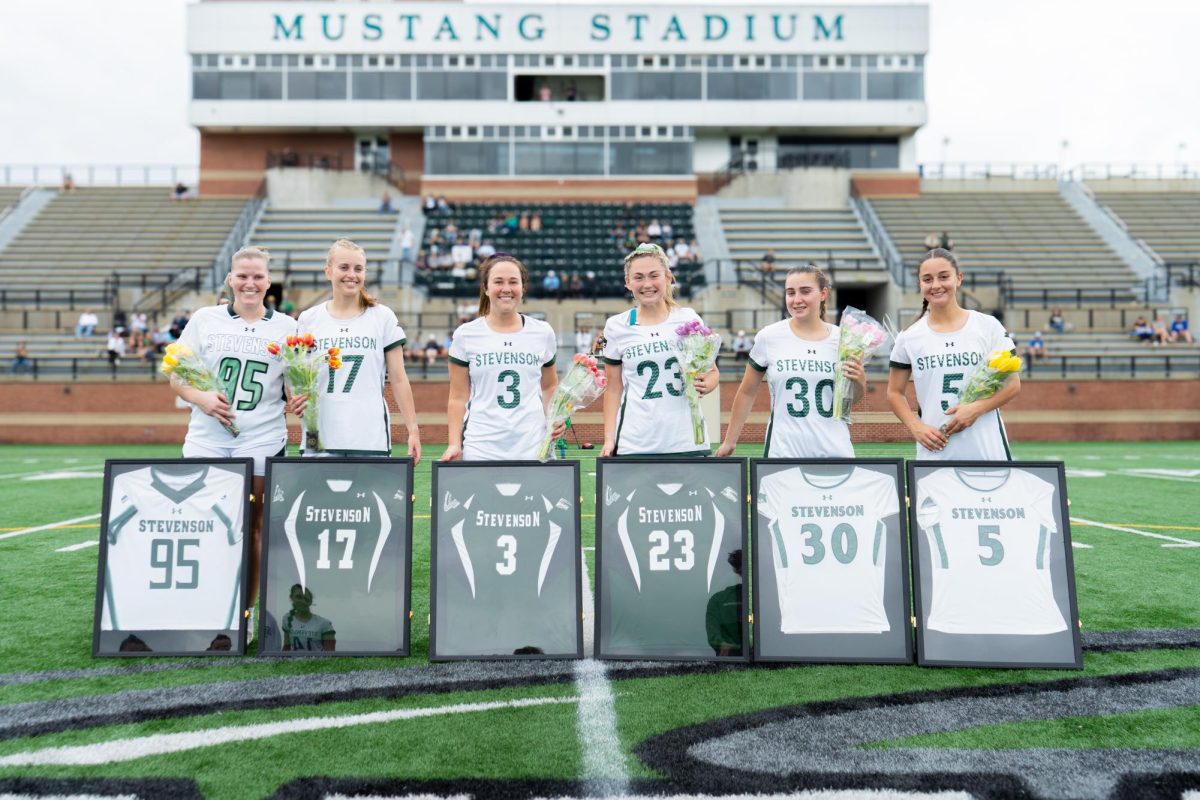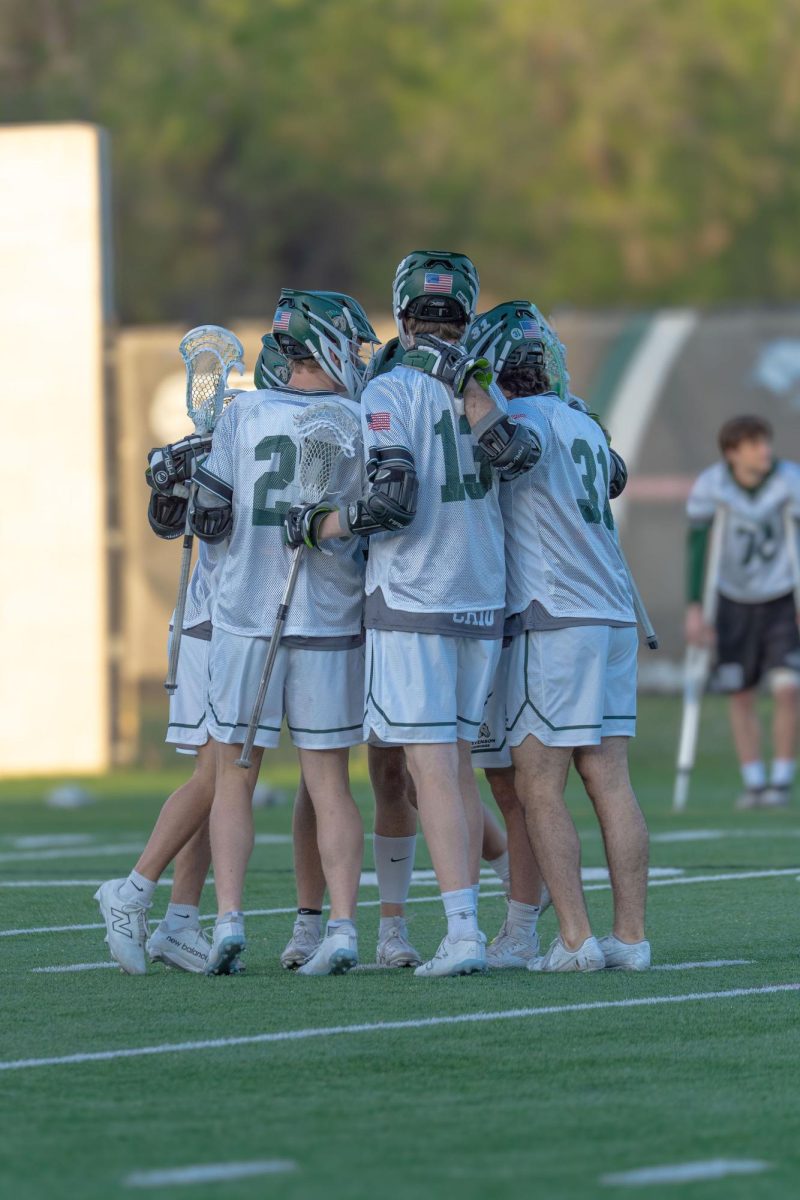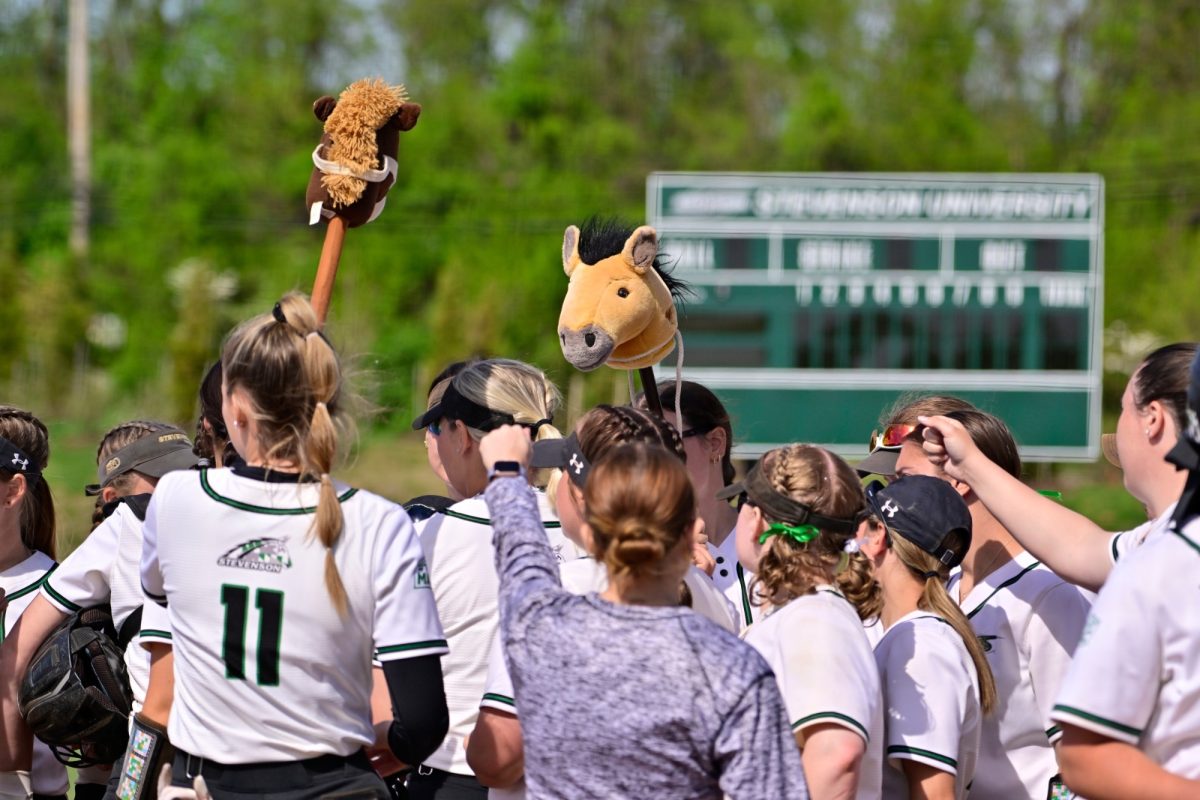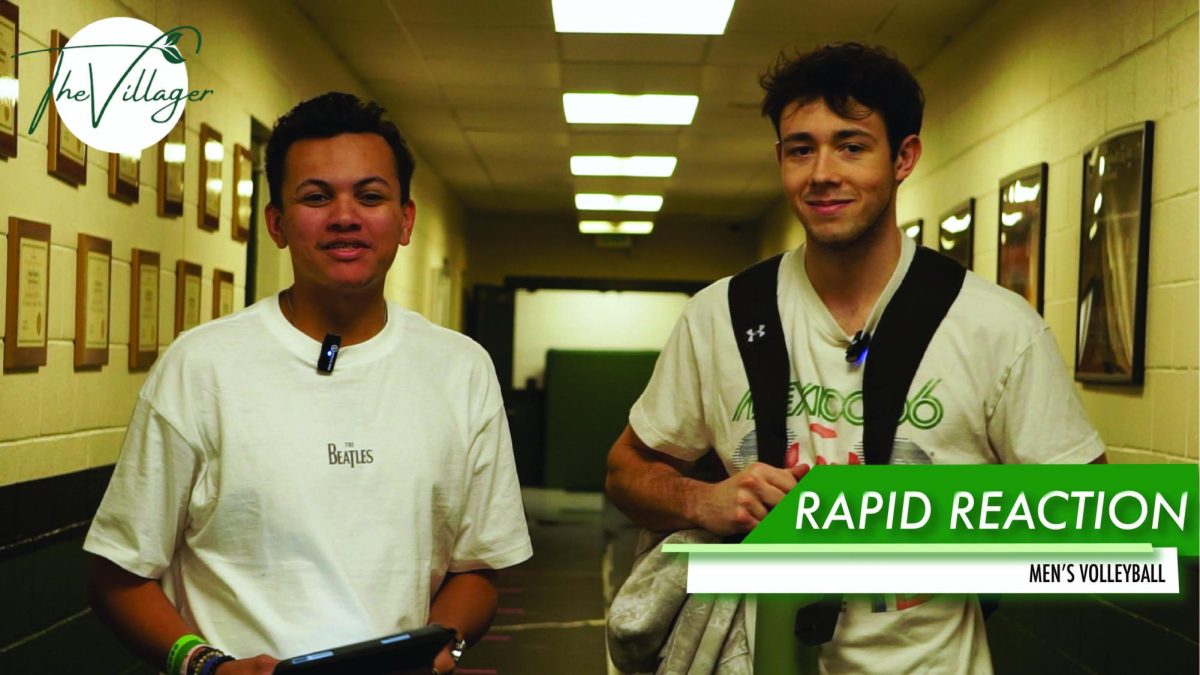What does a former drug dealer-turned-author, college professor, and motivational speaker have to offer Stevenson students? According to Natalie Gillard of the Office of Multicultural Affairs: perspective.
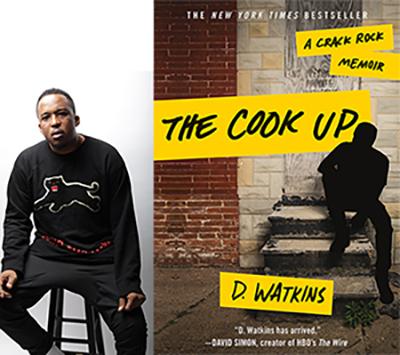
Stevenson’s English department invited Dwight “D.” Watkins to give a master class and public reading of his work on Wednesday, Feb. 28. Watkins was born in East Baltimore into a drug-dealing family. His older brother, a dealer who inspired him to pursue education as a means of escaping his neighborhood, was murdered around the time Watkins got accepted into Loyola University. Watkins admitted that his vastly different life experiences had formed a barrier between him and his peers to a point where he felt miserable and out of place in his home. After deciding to drop out, he returned to his neighborhood to become a dealer himself. It was during this time that he learned life skills, such as how to run a business and save money, that he needed to break the cycle.
Watkins returned to finish college and found a passion in books and writing. Ever since, he has been working to be a force of positive change for his community. Watkins has worked on numerous projects over the years, including his two published books: “The Beast Side” and “The Cook Up: A Crack Rock Memoir.” His writing gives a candid account of his life, the realities of being a drug dealer, and life in East Baltimore. In his work, he explains that more often than not, selling drugs is the only means available of making an income in many communities. Watkins also pointed out that drug dealing is often glamorized as a quick means of getting rich, when in reality dealers barely make enough money to get by.
Gillard noted how judgmental people can be of each other, but when confronted with someone who has tried to change his life for the better, it becomes harder to do so. She admits that the event may reinforce some negative stereotypes about Baltimore, but it also might shatter some. She pointed out how there is often a lack of regard for diverse experiences, and expressed her wish for people to rally behind diversity, inclusion, equality, multiculturalism, and cultural competency the way they rally around sports.
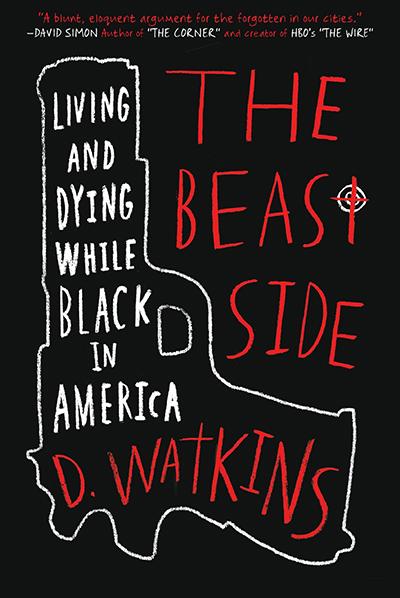
“I think people are missing out on so many vivid life experiences because of the fear of the unknown,” Gillard said.
Watkins added that due to the recent political rhetoric aimed at black or brown individuals, it would be good for students to have positive representatives of those communities to deter negativity. For students who have felt isolated or singled out by any of the political rhetoric, Watkins would like to remind them that “haters attack poppin’ people,” and that Africa is, in fact, poppin’.”
The master class event will begin at 12:30 p.m. on Feb. 28 on the Greenspring campus, during which Watkins will conduct activities to help students through their writing process in their own unique way.
Master classes tend to differ from writer to writer. When Pulitzer Prize-winning poet Tyehimba Jess visited Stevenson, he walked through his poems as well as examined the works of students. Short story author Carmen Maria Machado, on the other hand, taught students how to brainstorm titles for stories.
The master class will last until 1:45 p.m., and then lunch will be served from 2 – 3 p.m. At 6 p.m., Watkins will conduct a public reading of his books in the Rockland banquet room on the Owings Mills campus.
Students must RSVP for the master class and lunch by emailing Associate Professor of English Aaron Chandler through campus email. However, the public reading is open to all and doesn’t require prior reservation. Gillard gives a shout out to Chandler and Dr. Laura Smith of the English department, as well as Black Student Union member Shona Raquel who will introduce Watkins, for organizing the event.













